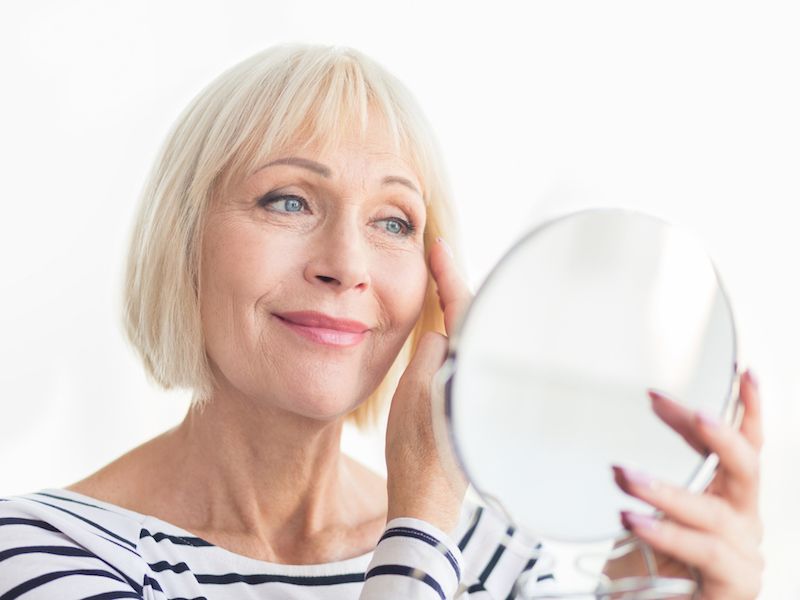
Everyone wants to stay youthful for as long as they can. We spend countless hours trying everything we can to stay youthful. From specialized diets to fad workout programs to Botox to wrinkle creams. Still, with all that time and effort, we commonly neglect doing one simple thing that could actually work: using ear protection.
Hearing impairment is often one of those “signs of aging” that we often think of as inevitable. But it’s not that simple. You can keep your hearing in great condition and help prevent damage by safeguarding and taking care of your ears. And as time goes by, strong hearing can have significant anti-aging benefits.
Hearing And Aging
The actual passing of time is not normally what we are describing when we talk about aging. Instead, “aging” generally describes the presentation of certain emotional, mental, or physical attributes that we link to aging. A great example of this is pain in your joints. You might relate sore knees, for instance, with “growing old”. But lifestyle has as much to do with this as does age.
The same is true of many kinds of hearing loss. As you get older, damage builds up. The build-up of damage, in most situations, is the real cause of hearing degeneration. And that’s when things can begin to snowball. Untreated hearing loss has been associated with several other signs of aging:
- Self isolation from friends and family can be the consequence of neglected hearing loss.
- When hearing impairments are undetected and untreated they can sometimes hasten the onset of other mental health issues, including dementia.
- Sometimes, problems such as insomnia and loss of memory, can be triggered by the cognitive strain of trying to hear. And that can make you feel like you’re aging in a particularly intense way.
- Anxiety and depression have been shown to have a significant connection to hearing loss.
What to do About Age Related Hearing Loss
You’re really emphasizing damage prevention when you combat the “signs of aging” in your ears. And luckily, there are a few ways to accomplish that. Here are a few things you can do:
- If you happen to work in a somewhat noisy setting, wear ear protection. With modern quality ear muffs, loud sounds are filtered out while voices are still able to be heard with clarity.
- Become more aware. You can still have harm to your hearing even if sounds aren’t painfully loud. Your hearing can also be injured by moderate noise if you are exposed to it for long periods of time.
- As much as you can, avoid loud noises. And when you can’t stay away from high volume areas, use hearing protection. So when you go to that concert with your favorite musician, be sure to use earplugs.
All of these steps will help protect your ears. But there’s one more thing you can do to keep your ears in good condition: schedule an appointment with us for a hearing exam. Catching hearing loss before it’s perceptible can be achieved by getting regular screenings. Even if your hearing is perfectly fine, a screening will still be capable of providing a useful baseline to compare against future results.
Wear Hearing Aids to Keep Your Ears Healthy
The world we live in can be loud. Even with your best effort to protect your hearing, you still might eventually detect some hearing loss. You should seek out help as soon as possible if you do detect any symptoms of hearing loss. A good pair of hearing aids can help prevent some of the so-called age-related concerns related to hearing impairments.
You can maybe think of hearing aids as a facelift for your ears: something to make your ears to work a little more youthfully. And that can help keep depression, dementia, and other problems from increasing. This analogy only goes so far since a facelift is cosmetic and hearing aids are essential. Wrinkle creams might help you look younger. But if you really want to combat aging and feel somewhat more youthful, your best choice is to protect your hearing and deal with your hearing loss.